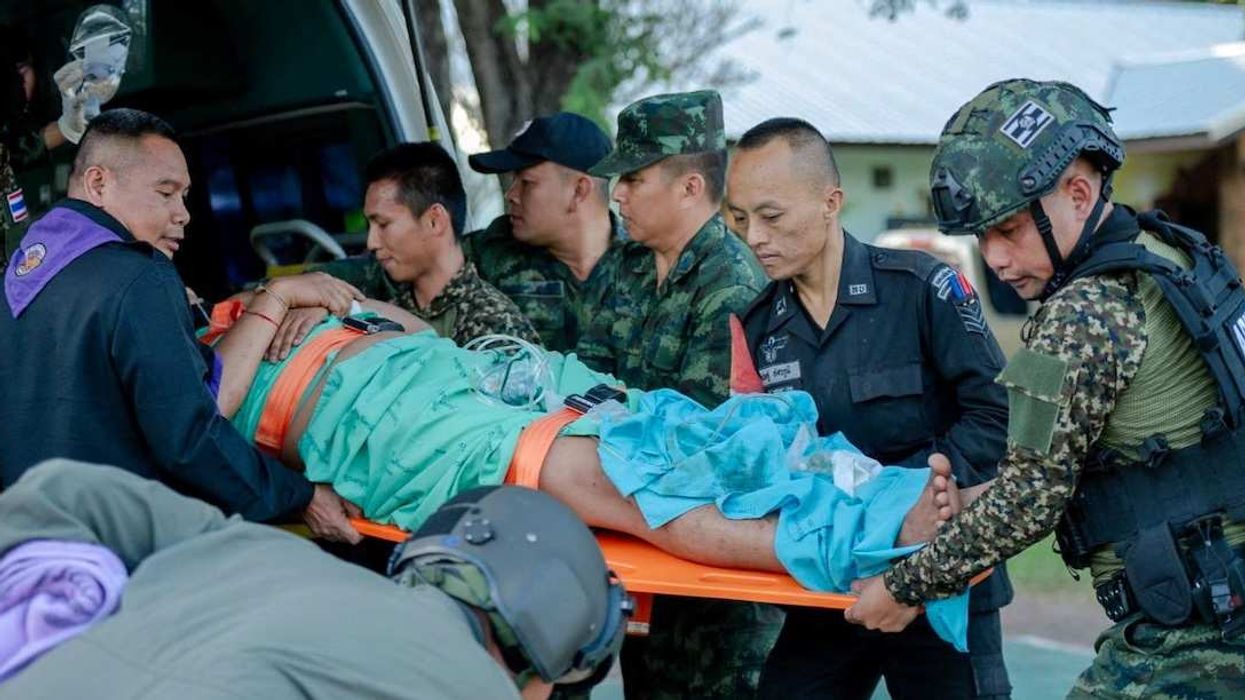Serbians voted Sunday in snap elections widely predicted to extend Prime Minister Aleksandar Vučić’s term in office. Vučić has pursued European Union membership, but thus far has refused to recognize Kosovo, a necessary precondition, and maintains ties to Russia.
Vučić’s coalition led the main opposition coalition by about 15 percentage points going into the contest, and he is expected to secure another term in office. Observers marked multiple irregularities, including organized arrivals of voters to polling stations and people photographing ballots (a common indicator they may have sold their votes). Officials also arrested someone who attacked election monitors in one polling station.
Not exactly what you want to hear about elections in an EU candidate state, but Brussels has a habit of leniency with Serbia. The country is traditionally aligned with Russia (you might remember Russia’s patronage of Serbia helped turn an Austrian invasion in 1914 into World War I) and the EU hopes membership will draw it out of Moscow’s orbit.
EU membership can’t happen, however, until Serbia agrees to recognize Kosovo. Belgrade considers Kosovo part of its territory, and the region holds special significance in Serbian historical identity — but it is now mostly inhabited by ethnic Albanians, who declared independence in 2008 after a brutal interethnic war in 1998-99 led to NATO intervention.
Kosovan Prime Minister Albin Kurti is not optimistic. After Serbian militants attacked the village of Banja in September, he said Vučić “wants war because he wants a Republika Srpska in Kosovo,” referring to the semi-autonomous ethnic Serb enclave in Bosnia.


















